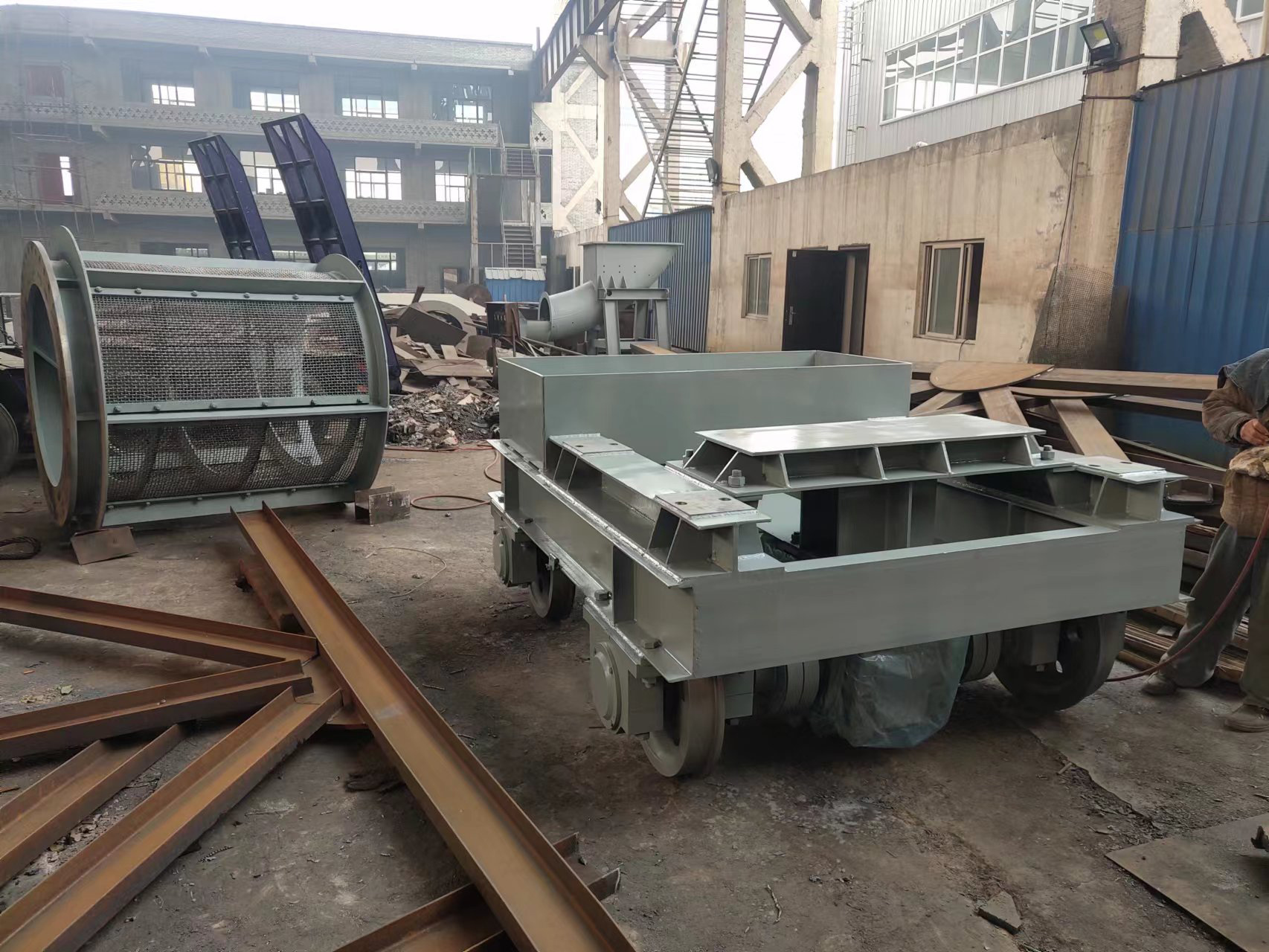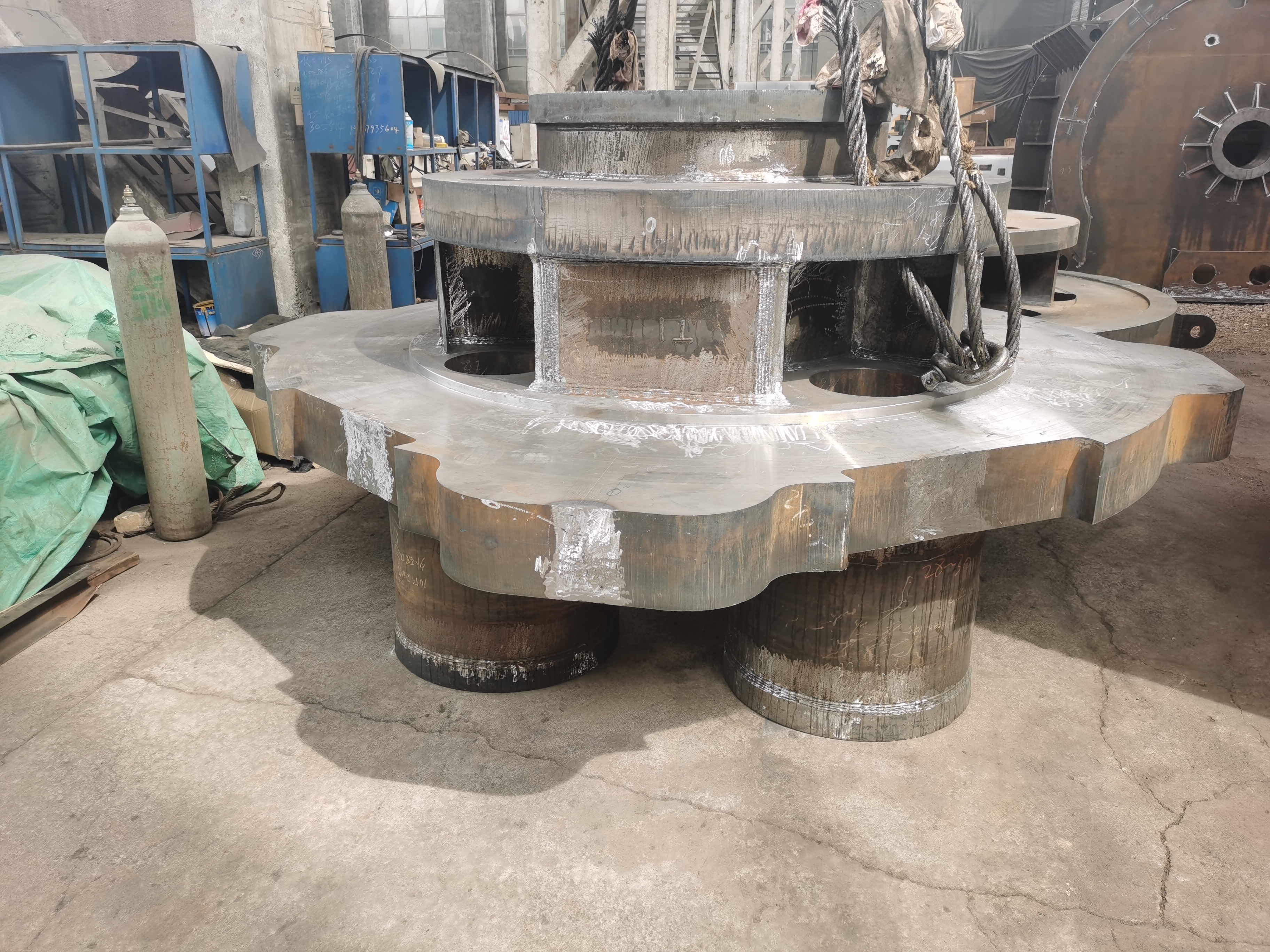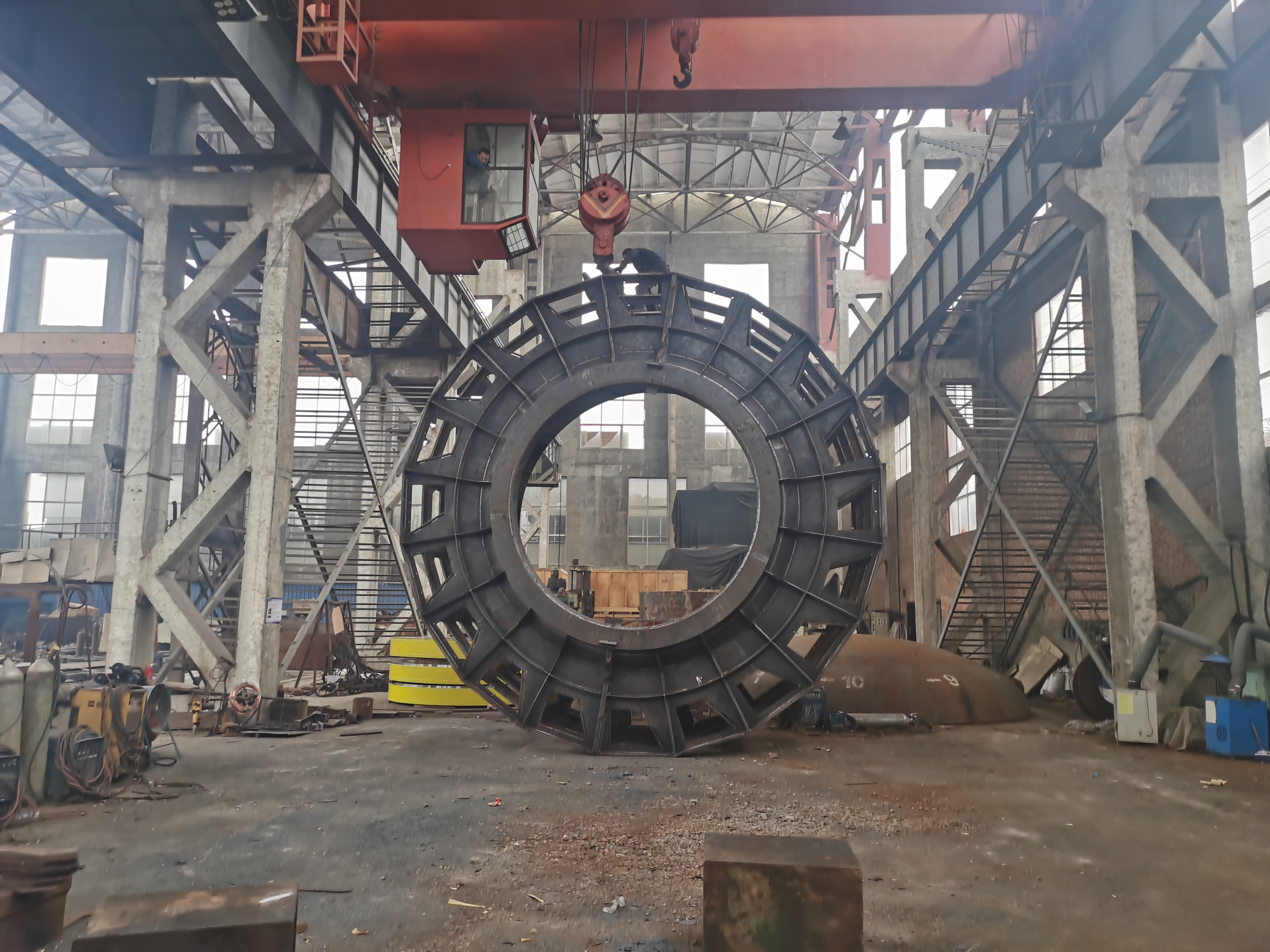Shipborne weapons
Shipborne weapons refer to various weapon systems installed on ships
Classification:
Key words: casting and forging
Sales Hotline:
Shipborne weapons refer to various weapon systems installed on ships, mainly including missiles, artillery, torpedoes, etc., used to perform various combat missions. The following are the main types, characteristics, and applications of shipborne weapons:
Main Types
Shipborne Missiles: Including air-to-air missiles, anti-ship missiles, and air defense missiles, used to strike aerial targets, surface ships, or conduct area air defense.
Shipborne Artillery: Such as anti-aircraft guns and machine guns, used for close-range defense and fire support.
Anti-Submarine Weapons: Such as anti-submarine torpedoes and anti-submarine missiles, used to strike submarines.
Mines: Deployed in water areas to block shipping lanes or attack enemy ships.
Characteristics
Multifunctionality: Modern shipborne weapon systems typically possess multiple functions, capable of executing air defense, anti-ship, anti-submarine, and other tasks.
High Integration: Many shipborne weapons use vertical launch systems, improving launch efficiency and flexibility.
Intelligence: Modern shipborne weapons are becoming increasingly intelligent, capable of autonomously seeking targets and conducting precise strikes.
Modular Design: Some new types of shipborne weapons adopt modular designs, facilitating maintenance and upgrades.
Application Scenarios
Air Defense Operations: Shipborne air defense missile systems can intercept incoming aerial targets, protecting ships from airstrike threats.
Anti-Ship Operations: Anti-ship missiles are used to attack enemy surface ships, destroying their combat capabilities.
Anti-Submarine Operations: Anti-submarine weapons are used to detect and attack submarines, protecting the fleet from submarine threats.
Land Attack: Some shipborne weapons can carry precision-guided munitions to conduct precise strikes on land targets.
| Soil type of stratum | Soft rock and clay |
| Minimum turning curve radius | 250m |
| Maximum slope | 3.50% |
| Total length | 9m (approximately) |
| Total weight | 370 tons (approximately) |
| Excavation diameter | 6,400mm |
| Outer diameter of front shield | 6,390mm |
| Outer diameter of the shield | 6,380mm |
| Outer diameter of tail shield | 6,370mm |
| Shield tail gap | 45mm |
| Total equipment power | 1650kW (approximately) |
| Maximum excavation speed | 80mm/min |
| Maximum thrust | 42575kN |
| Shield tail seal | 3 rows of sealing brushes |
| Soil pressure sensor | Three, on the earth pressure wall |
| Hydraulic sensor | 4, 1 for each propulsion cylinder group |
| Main bearing life | 10000 hours, according to DIN ISO 281, L10 |
| Maximum work pressure | 3bar |
| Maximum design pressure | 4.5bar |
| Including the total length of supporting facilities | 72m |
Related Products
Consultation
If you are interested in our products, please leave your email, we will contact you as soon as possible, thank you!












